Construction is an industry that shapes the built environment, creating the infrastructure and buildings that support modern life. Construction encompasses a wide range of activities and specialties from homes and schools to bridges and factories. Construction is not only about building new structures but also about maintaining, renovating, and repurposing existing ones to meet changing needs. Here is an in-depth analysis of 7 types of construction relevant in the market today.
Post your Requirement
- Residential Construction
- Commercial Construction
- Industrial Construction
- Institutional Construction
- Infrastructure and Heavy Construction
- Environmental Construction
- Specialized Construction
1. Residential Construction:
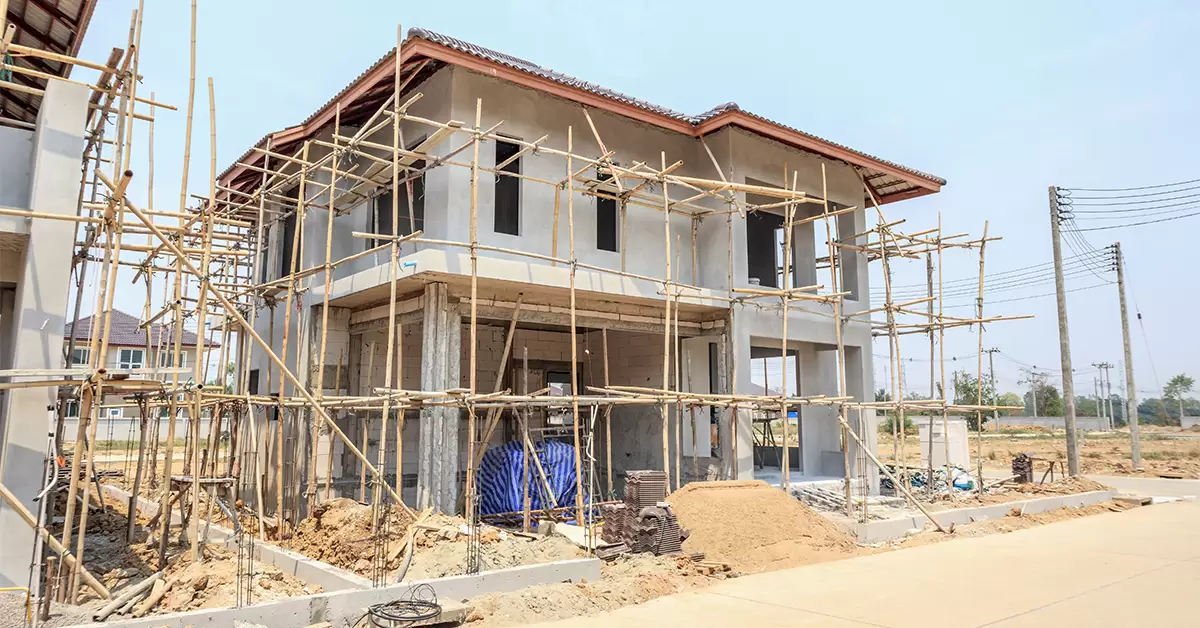
Residential construction focuses on the creation of living spaces for individuals and families. This includes everything from single-family homes to large apartment complexes. Residential construction not only provides shelter but also shapes communities and impacts quality of life. Residential construction can broadly be categorized into several types like multi-family homes, single-family homes, apartments, etc. The design and planning are critical in residential construction as the key foundation of a place is the architectural design and structural design.
2. Commercial Construction:
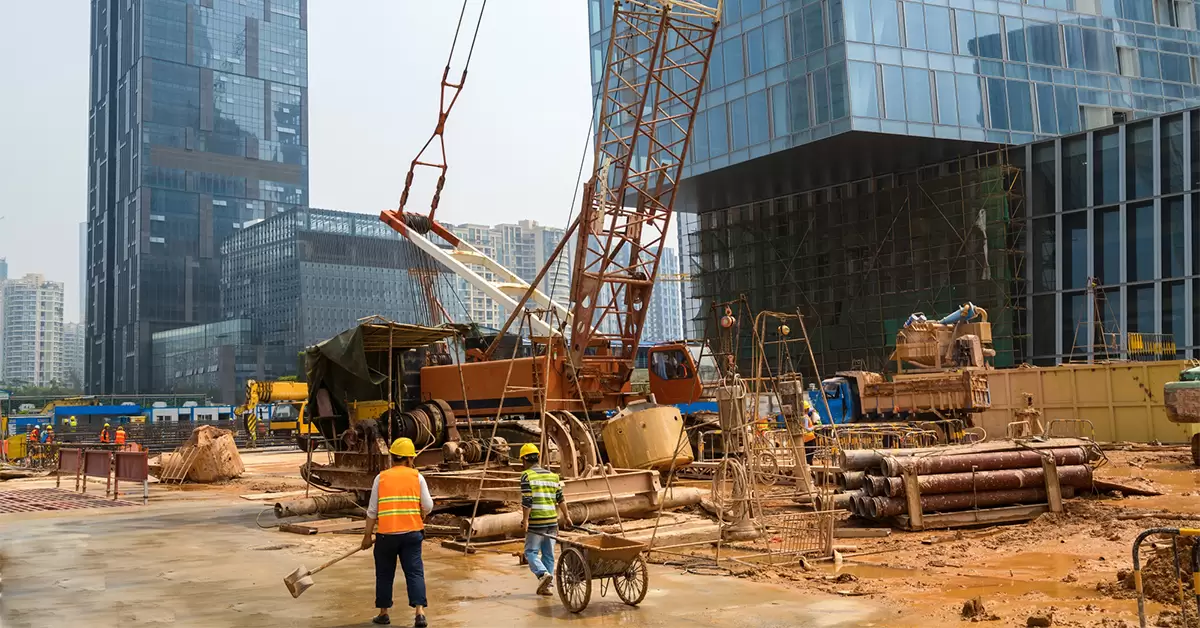
Commercial construction involves the creation and renovation of buildings intended for business use. These structures play a critical part in economic development as they provide spaces where business activities can thrive. Commercial Buildings can be categorized into several types such as office buildings, retail spaces, hospitality structures, restaurants, and healthcare facilities. Commercial construction employs a variety of materials, chosen based on factors such as building type, location, and budget.
3. Industrial Construction:
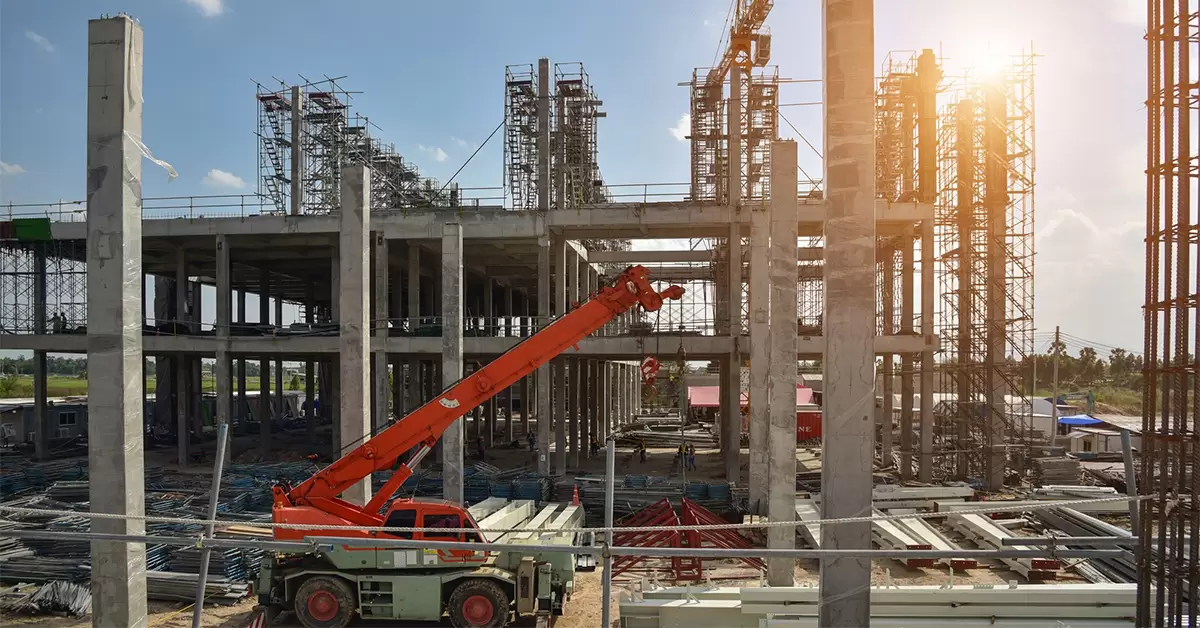
Industrial construction is all about building structures for manufacturing, processing, and storage purposes. These projects provide the facilities required for production, distribution, and logistical operations. Buildings serving specific functions within the industrial sector such as Factories, manufacturing plants, warehouses, distribution centers, refineries, chemical plants, and power plants. The construction process for industrial buildings includes site analysis, structural framework, system installation, finishing, and commissioning.
4. Institutional Construction:
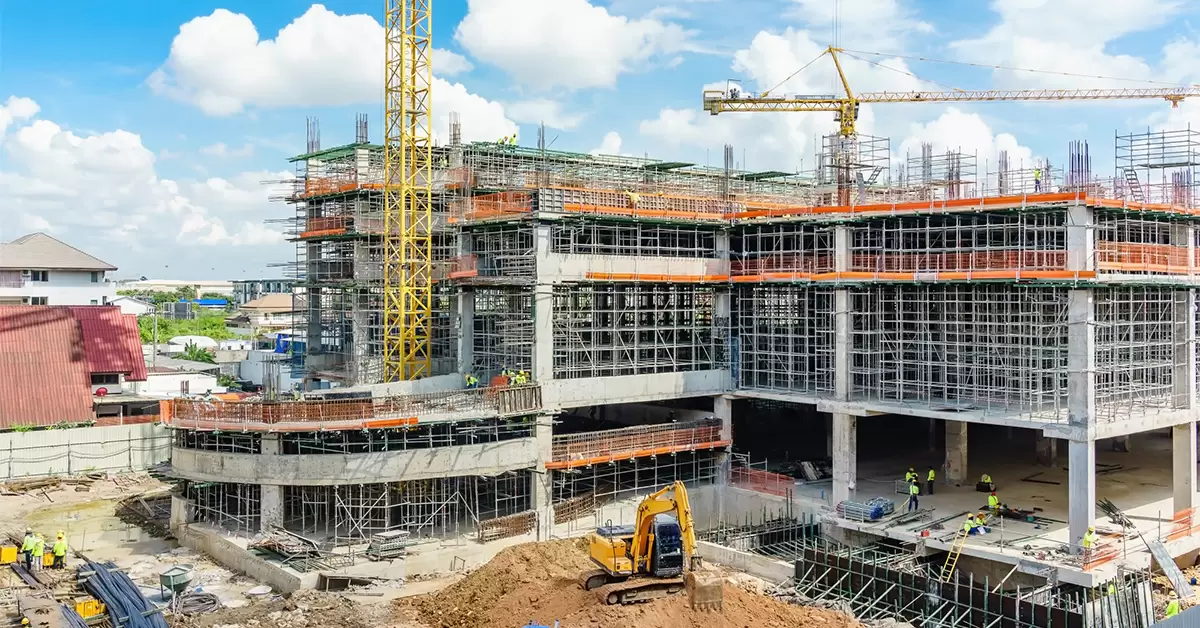
Institutional construction is related to the development of buildings intended for public and community use, such as schools, hospitals, government buildings, and religious facilities. These projects require careful consideration of functionality, accessibility, and community impact.
Education facilities such as schools, colleges training centres, Healthcare facilities like hospitals, clinics, and nursing homes, Government buildings like municipal buildings, courthouses, and public safety buildings as well as religious buildings like temples, mosques, and other places of worship which serves as community gathering places.
5. Infrastructure and Heavy Construction:
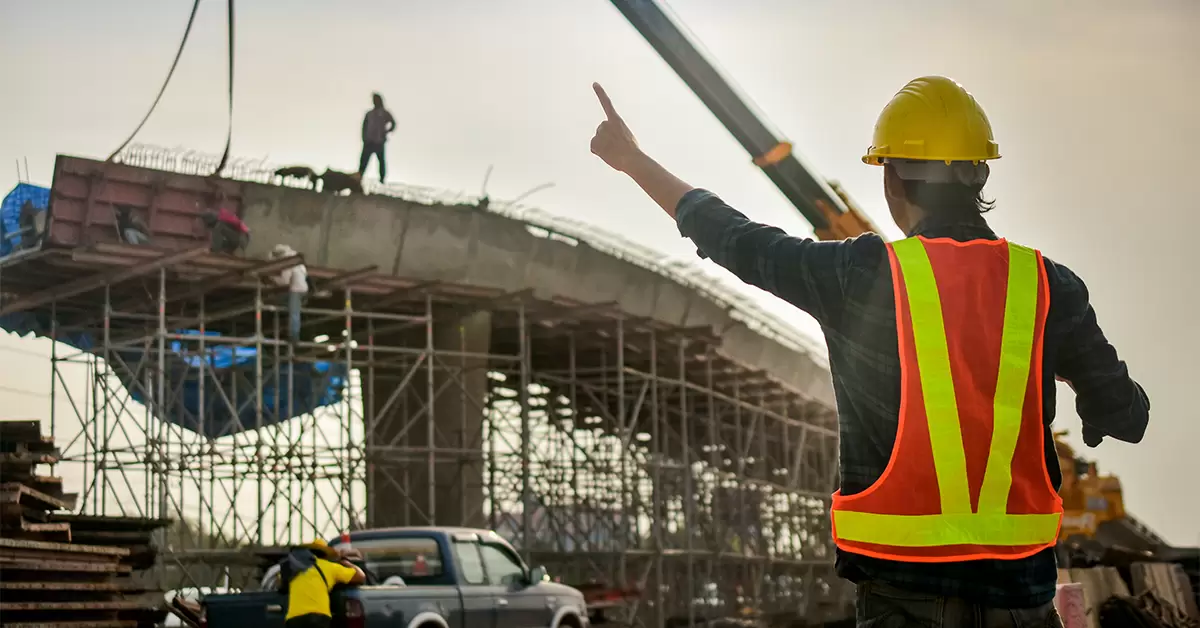
Infrastructure and heavy construction projects are essential for supporting transportation, utility, and public service systems. Transportation Infrastructure includes highways, bridges, tunnels, Water management covers damns, flood control systems, and Public facilities such as parks, public plazas, and other community spaces. The planning phase for such projects is complex and involves feasibility studies, engineering design with technical and regulatory requirements as well as permitting and compliance.
6. Environmental Construction:
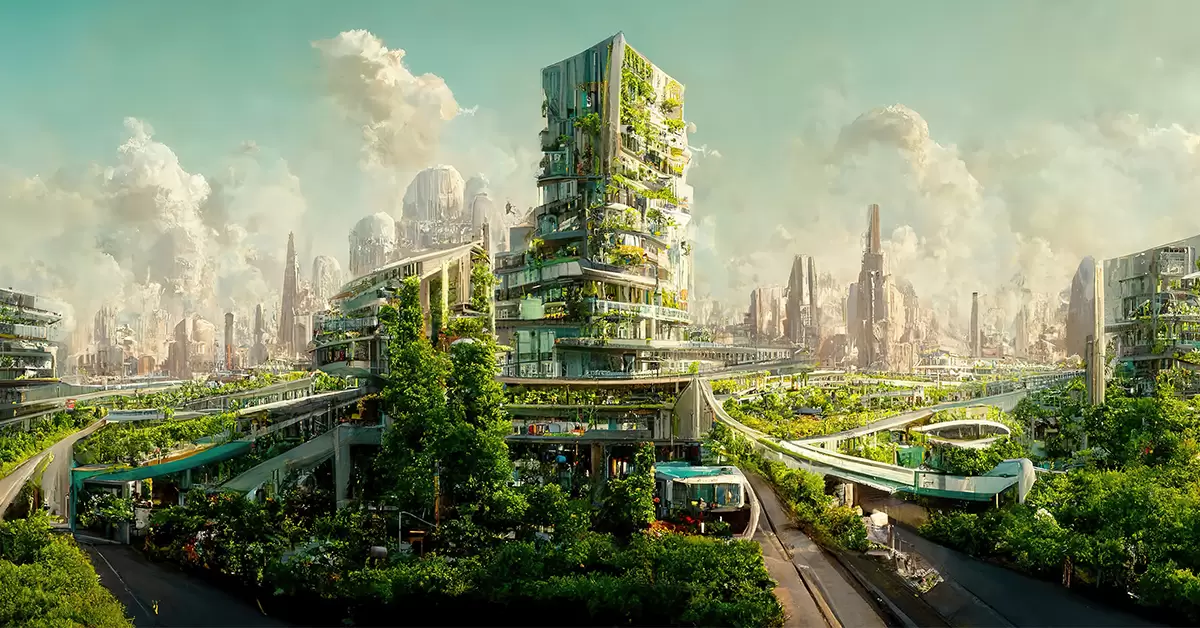
Environmental construction focuses on projects aimed at protecting, restoring, and enhancing natural environments. This type of construction includes renewable energy projects like solar power installations, and hydroelectric plants, habitat restoration projects like wetlands, erosion control, invasive species management, green infrastructure which includes initiatives that incorporate green roofs, permeable pavements, urban forests, and other elements to manage stormwater, reduce heat islands, and improve biodiversity.
7. Specialized Construction:
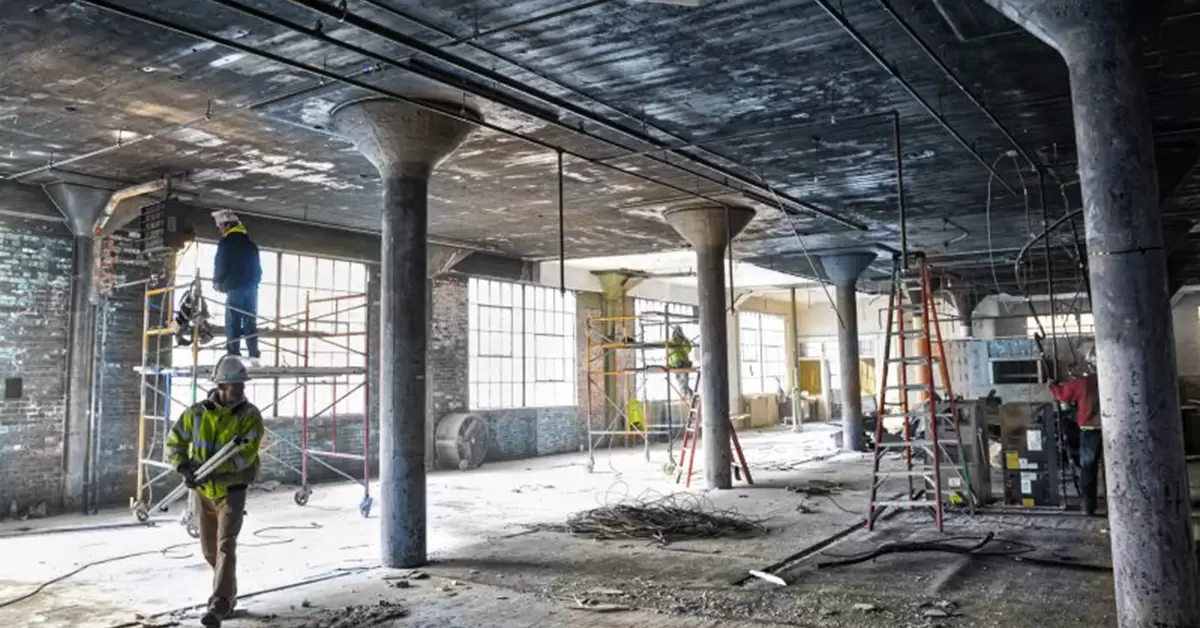
Specialized construction is a set of unique and niche projects that require specialized knowledge, skills, and techniques. These projects often involve distinct challenges and considerations beyond those encountered in traditional construction. Projects like Historical restoration are to preserve historical buildings, monuments, and structures. Underwater construction includes the maintenance of structures in aquatic environments such as marine infrastructure of docks, piers, and waterfront facilities.
The New Age of Construction
The construction industry like any other is no exception to the remarkable digitalized transformation that the world is going through. Digital Tools like Building Information Modeling (BIM) have been introduced to create digital representations of buildings for better collaboration, clash detection, and simulation of construction processes. Also, Off-site fabrication of building modules accelerates construction timelines and prefabricated components streamline on-site assembly and installation.
Keeping sustainability in focus, green roofs and walls improve insulation, reduce urban heat island effects, advance insulation for high performance in insulation materials, such as aerogels and vacuum insulation panels, and boost energy efficiency and thermal comfort. Also, renewable energy integration that covers solar panels, wind turbines, and geothermal systems provides on-site renewable energy generation.
The construction industry is embracing digital technology and taking massive steps day by day towards sustainability to enhance productivity, minimize environmental impact, and deliver projects that meet the evolving needs of society.

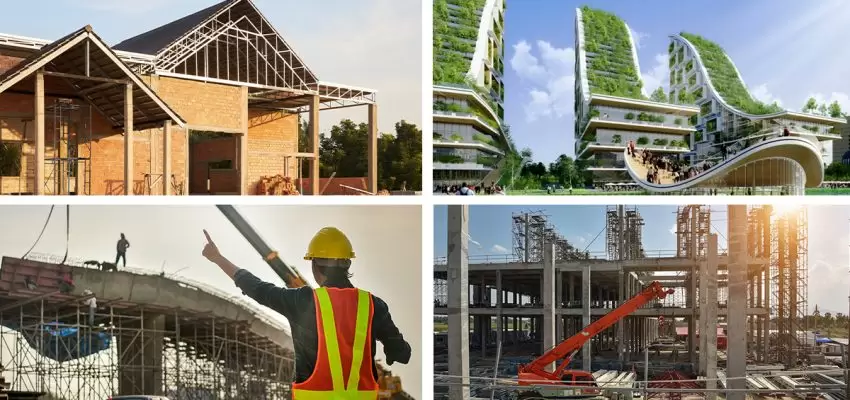


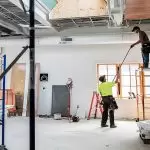
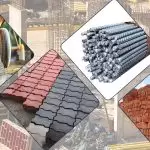

















Post A Comment